How to Bullsh*t Your Way Out of Anything
The time Napoleon (almost) got captured...
In the summer of 1796, Napoleon’s tramp through northern Italy was in full swing.
A quick succession of skirmishes from July 31st to August 4th saw Napoleon reclaim both the city of Brescia and the western bank of Lake Garda from the Austrian advance. Having sent his adversaries into retreat around the north side of the lake, Napoleon could finally relax and let his guard down.
Or so he thought.
Unfortunately for Napoleon, his lightning fast campaign against the Austrian General Quasdanovich had been a bit too fast. Since Austrian forces had fanned out across such a large front, and the French counter offensive had moved with such great speed, the result was that a lone Austrian column of 3,000 men inadvertently found themselves behind enemy lines.
At first glance, it was comical — the Austrians, cut off from their main force, had no news of the battle or of Quadanovich’s retreat order. The French, for their part, had no clue that 3,000 Austrians were wandering through their backyard.
Yet when the two forces finally met on the morning of August 4, the comedy nearly turned tragic.
Today, we tell the story of how Napoleon’s first campaign in Italy came perilously close to ending in disaster — and what his reaction in the face of impending defeat reveals about the power of confidence to transform almost any situation in your favor…
This week we explore what you can learn from Napoleon’s conquests in Italy.
To get two additional, members-only articles on his coronation as King of Italy and much more, click below to join INVICTUS now:
The Fog of War
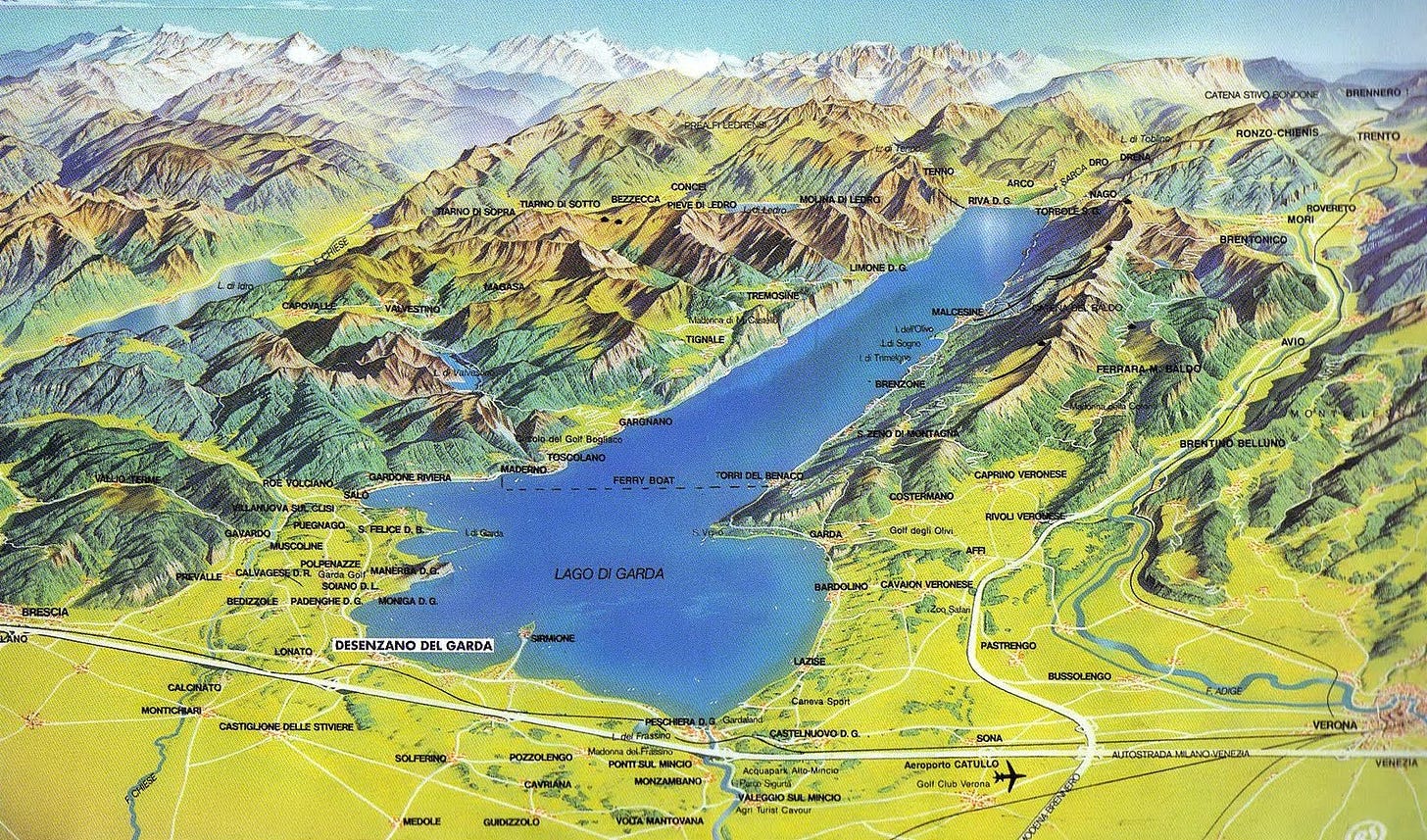
Whatever happens, and however much it costs, we must sleep in Brescia tomorrow.
-Napoleon to Lieutenant André Masséna, 31 July, 1976
Napoleon had just executed one of the boldest maneuvers of his early career. Abandoning no less than 179 cannon and mortars at the siege of Mantua, he recalled his generals to join him in a northwest blitz towards the city of Brescia.
With Quasdanovich threatening to cut him off from the north, Napoleon moved fast to counter the Austrian offensive. His men hit Salò and Gavardo on the 31st of July, recaptured Brescia on the 1st of August, and fought a 16 hour battle on the 3rd to retake Castiglione.
French troops were exhausted, but victorious. It appeared the area had been secured.
But in the confusion of overlapping offensives and broken communication lines, an entire Austrian column — unaware that Quasdanovich had ordered a retreat — was left wandering south. Cut off from their chain of command, they pushed onward, still believing the Austrian advance was underway.
All the while, Napoleon had taken up temporary headquarters in the town of Lonato. Only 1,200 men remained with him, as the bulk of his force had been sent elsewhere. But then, on the morning of the 4th, the Austrian column wandered into the center of town.
So it was that Napoleon, just hours prior the triumphant and conquering hero, now found himself trapped — surrounded by a fighting force more than twice the size of his own…
The Ruse
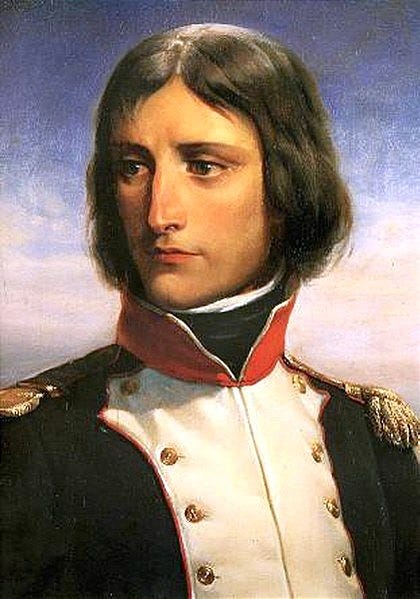
But while guns and munitions are an excellent source of power, they are not the only one. Knowledge is no less potent.
Napoleon realized that the Austrian regiment must have been cut off from their main force. Due to the events of the days prior, he guessed they must not have received communications with the main Austrian forces.
With this in mind, he resolved to weaponize his knowledge — and exploit the Austrian column’s lack thereof. Historian Andrew Roberts recounts:
More than 3,000 Austrians, who had been cut off from Quasdanovich’s command, suddenly blundered into the town. Napoleon calmly informed their parlementaire (officer sent to parley) that his ‘whole army’ was present, and that ‘If in eight minutes his division had not laid down its arms, I would not spare a man.’
He supported this ruse by issuing orders to his aide-de-camp Berthier about grenadier and artillery units that Berthier knew were entirely bogus. The Austrians only discovered once they had surrendered and been disarmed that there were no French forces nearby, and that they could have captured Napoleon with ease.
-Andrew Roberts, Napoleon: A Life, p.112
So it was that the Corsican general’s quick wit and sheer confidence not only helped him escape capture, but enabled him to take 3,000 men prisoner — all without shedding a single drop of blood.
The Aftermath
The Austrian army…has disappeared like a dream, and the Italy it threatened is now quiet.
-Napoleon to the French Directory on 8 August, 1976
That morning’s events at Lonato turned a near-disaster into a brilliant victory. The very next day, the 5th of August, Napoleon regrouped and dealt a knock-out blow to the remaining Austrian forces — the second battle of Castiglione saw 2,000 Austrians killed or wounded, and 1,000 more captured.
Three days later, Napoleon marched east to reoccupy Verona. From there he would slowly but surely advance towards Vienna, finally stopping just 75 miles west of the Habsburg capital. The Austrians sued for peace, and Napoleon’s Italian campaign entered into the history books.
Had it not been for his quick thinking in Lonato just a few days earlier, however, history would have been much different. While nobody knew it at the time, it was just the first of many occasions in which Napoleon would leverage his knowledge over his opponent’s ignorance to achieve the impossible…
Takeaways
1) Think Quick & Improvise
Napoleon didn’t freeze when he found himself surrounded. He assessed the situation, guessed what his enemy didn’t know, and acted fast.
In high-stakes moments, hesitation is fatal. You don’t always need a perfect plan, but you do need the presence of mind to improvise, and the decisiveness to act before your window closes.
2) Surround Yourself with the Best
Napoleon’s bluff only worked because his aide-de-camp Berthier played along without missing a beat. In crisis, you need people who can think on their feet — people who don’t just follow orders, but who understand the stakes and instinctively know how to support.
Choose teammates who are sharp, loyal, and able to improvise, because your success may very well depend on how well they perform under pressure.
3) Above All, Be Confident
Napoleon had 1,200 men. The Austrians had 3,000. Yet armed with just confidence and a bold lie, Napoleon made them surrender without a fight.
People respond not just to facts, but to the strength with which you present them. Confidence shapes perception, and perception can shape reality.
Want to dive deeper?
To learn more about Napoleon’s other daring exploits in Italy, join James this Thursday at 9am ET as we go live on X.
Visit my X account at 9am to access the livestream — once it ends, the stream will be added to our Members-Only Video Archive for you to catch the replay.
This Thursday, premium subscribers will get a deep dive article exploring Napoleon’s coronation as King of Italy — a spectacular, yet remarkably little known episode of history.
If you’re not already a premium subscriber, please consider supporting our work and joining below:
Ad finem fidelis,
-Evan



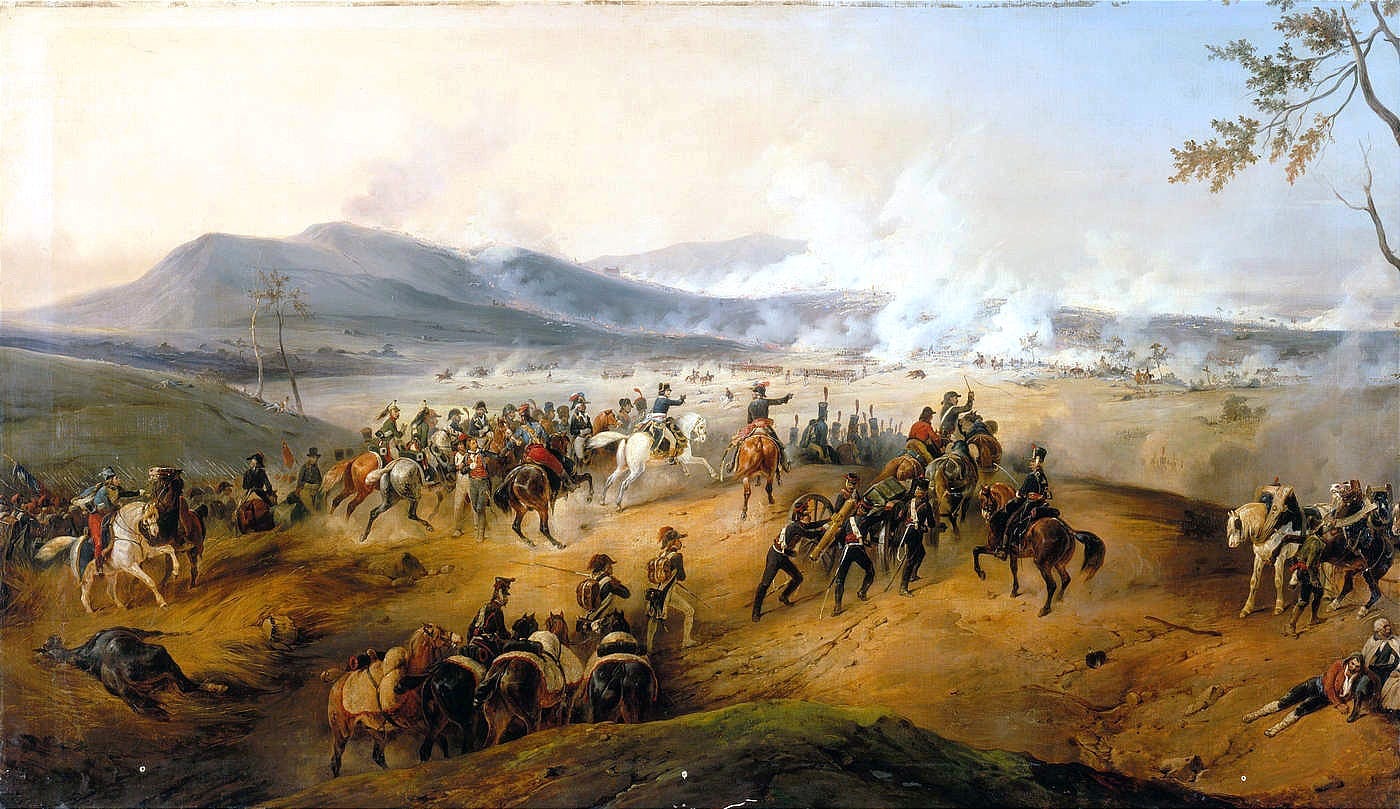
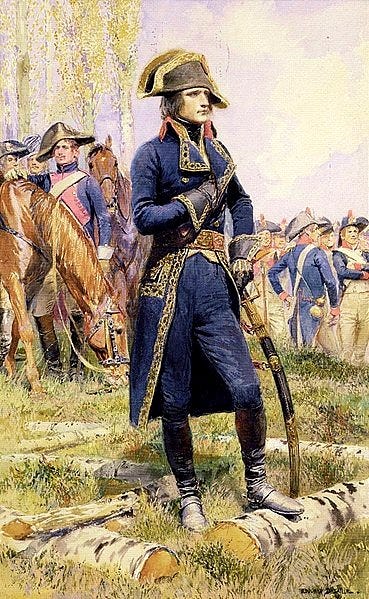
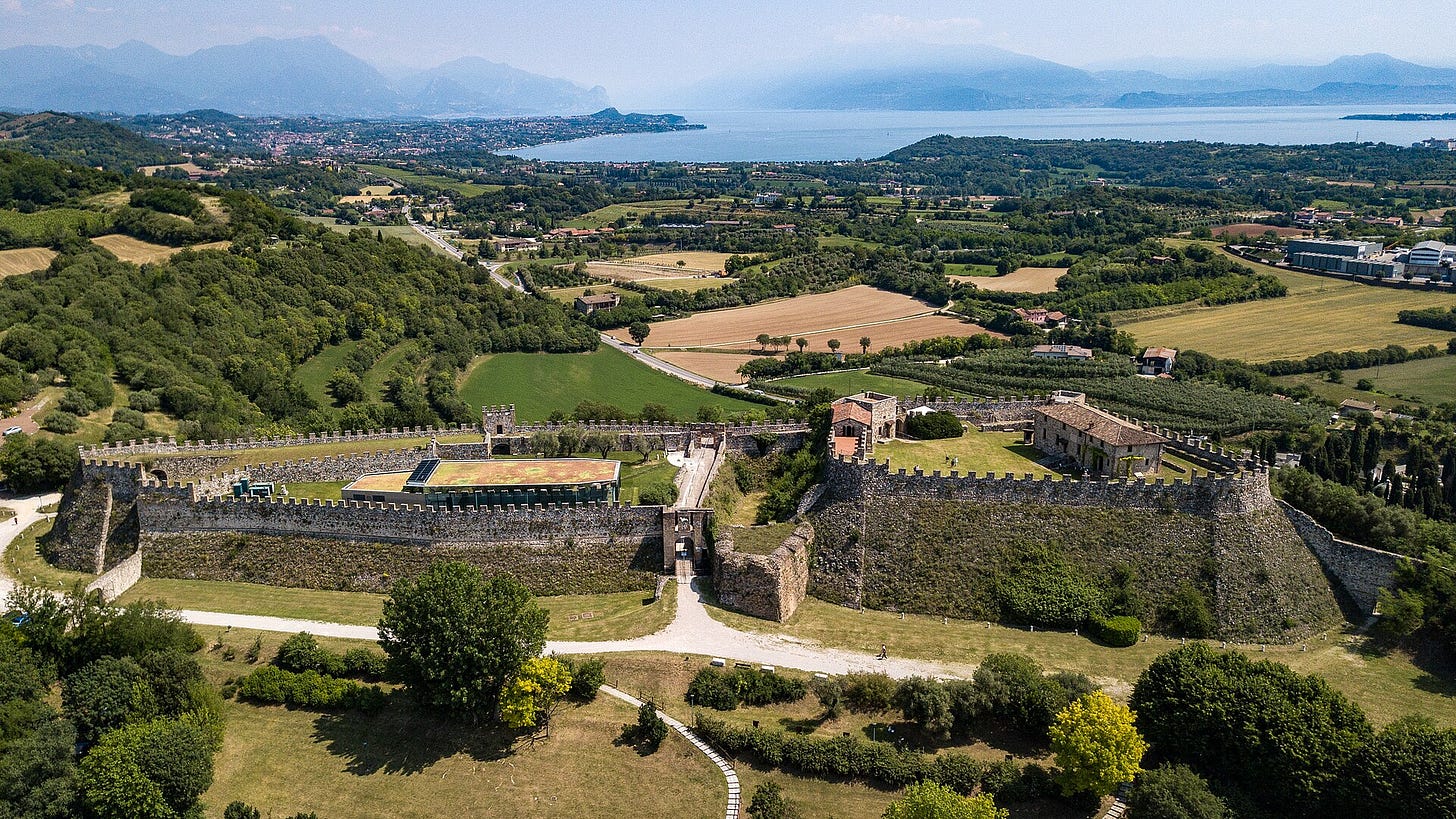
He had another near miss a few months earlier, when Austrians bungled into his headquarters and he supposedly had to jump over fences barefoot😅
It's exciting to read a time when The French kicked ass instead of bowing to moose limb filth two centuries later.